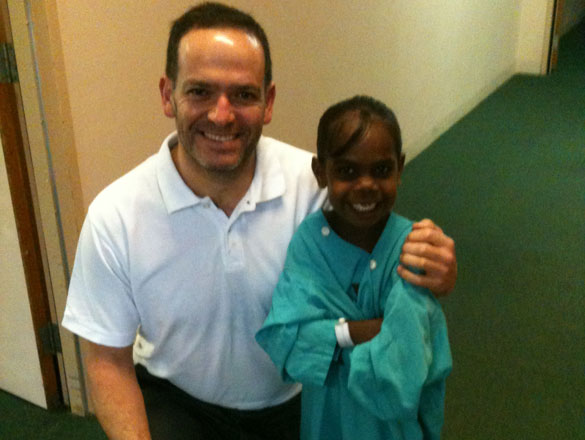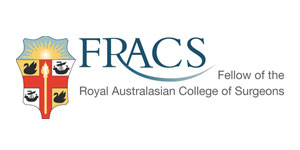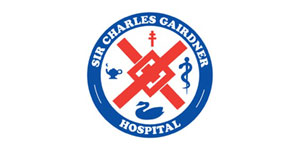Skip to content
- Remove the gauze bandage the day after surgery. If there are Steri-strips on the wound in front of the ear DO NOT remove this. There is often a small cotton ball inside the ear. You can replace the cotton ball if there is an ooze. Under the cotton ball there is a yellow gauze dressing. Please do not remove this.
- If you have been given eardrops, on the first day of surgery apply them to the packing or sponge inside the ear canal. Often the drops will not penetrate into the packing and seem to dribble out. This is okay just try to keep the packing moist with the drops twice a day until you see your doctor.
- Beginning on the second day after surgery, try to leave the cotton ball out of the ear as much as possible. IF the ear is draining, replace the cotton ball as needed to keep from soiling your clothes.
- Do not get water into the ear. It is okay to shower but place a piece of cotton coated with Vaseline into the ear canal when showering or washing your hair.
- Some blood-tinged drainage from the ear canal is seen after ear surgery and is normal. If the drainage is copious or foul-smelling, call the office.
- If there is an incision in front of the ear, keep it dry for three days after surgery. The stitches are typically self-dissolving. If you have staples, these will be removed in the rooms at your post op visit.
- Do not blow your nose for three weeks after surgery. If you must sneeze or cough, do so with your mouth open.
- For four weeks after surgery do not perform any vigorous physical activity. No airplane travel or dental work for four weeks after surgery. No swimming.
- Keep your head elevated as much as possible. For the first three nights it is best to sleep and rest on 2 or 3 pillows.
- Some dizziness and nausea is common after surgery. The vomiting typically subsides on the second post-operative day.
- Popping sounds, a plugged sensation, ringing or fluctuating hearing may be noticed in the ear during the healing process.
- For several days after surgery, the ear may feel plugged and the hearing may seem very muffled due to packing in the ear canal. This will improve as the packing dissolves and is removed. If there seems to be a TOTAL loss of hearing (complete deafness) in the ear, call the office.
- You should have an appointment to be seen 7-10 days after the surgery unless otherwise instructed by the doctor.
- If you have any questions or concerns, please call the office on 9300 9800.













